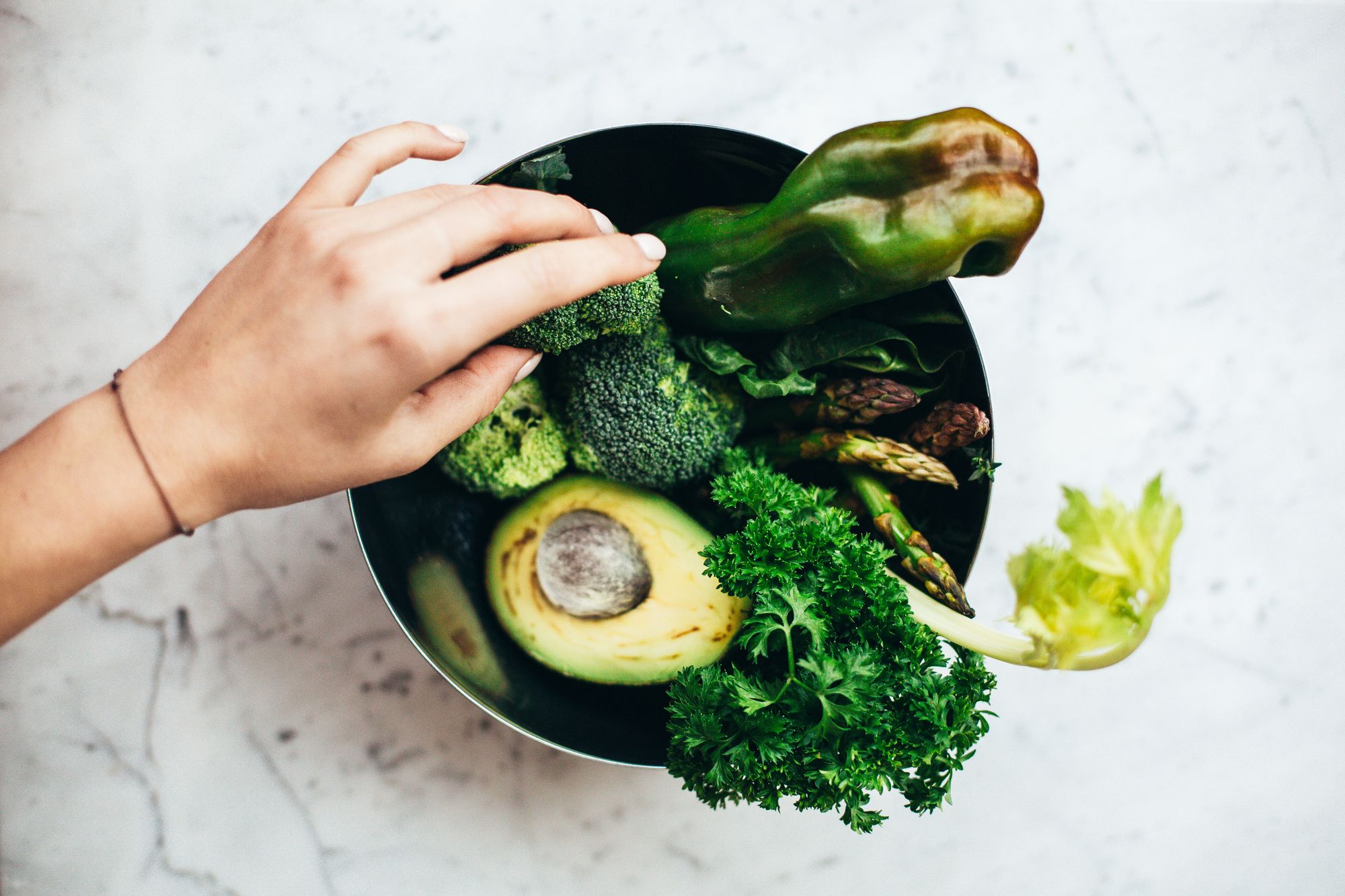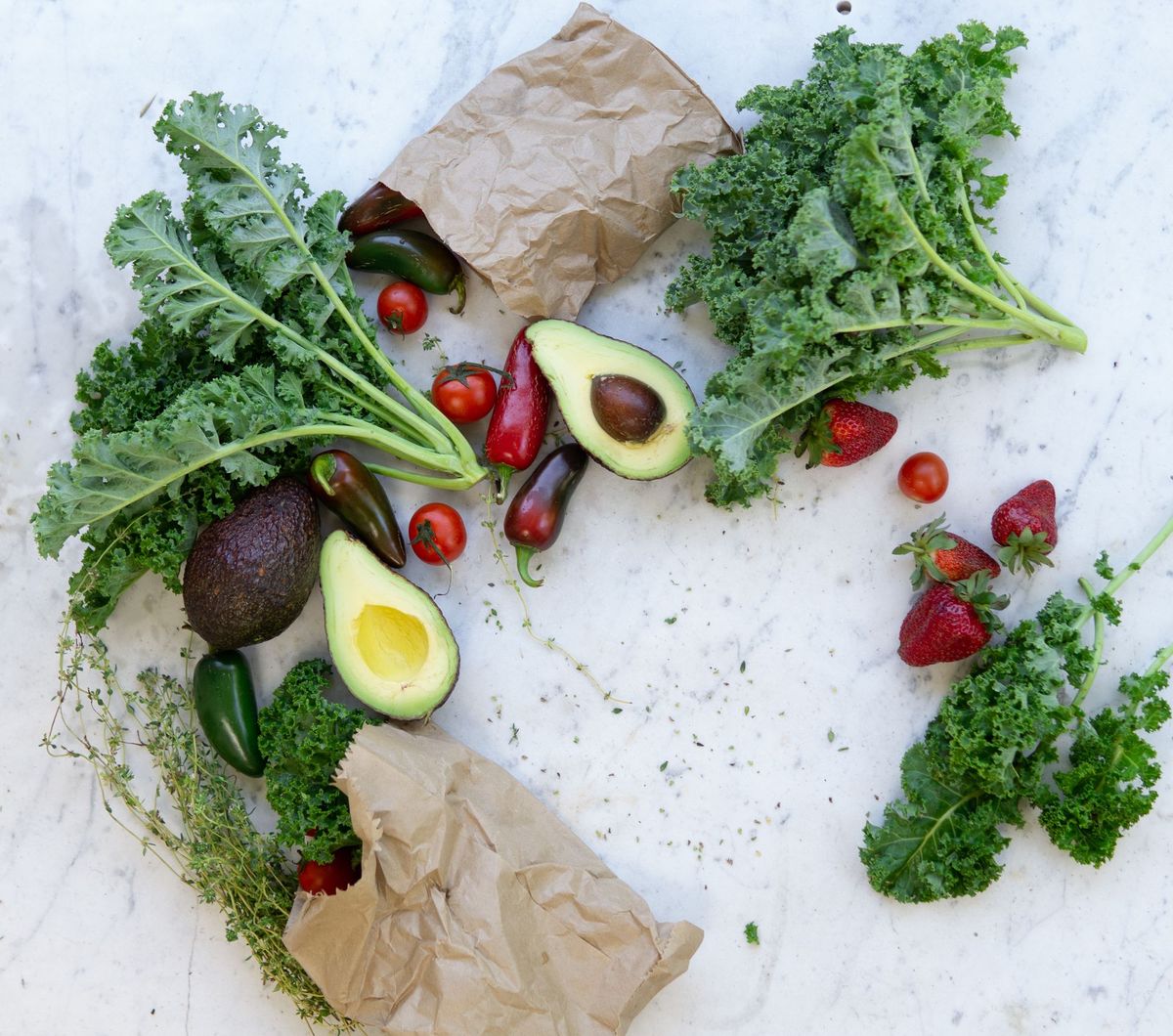There appears to be so much contradictory health information out there. With so many different opinions, it can seem impossible to distinguish valid health advice from just another deceptive fad-diet trending on the internet.
Adam Dave, M.D., explains in his book “So you want to live forever?” what constitutes a healthy diet after having studied tribes known for their exceptional longevity and overall health:
"The world’s longest-lived people are to a large degree without the wrinkles, grey hairs, baldness, and need for glasses which have come to define our contemporary notion of old age. Without exception they eat a raw or lightly-cooked, low calorie, plant-based, whole-foods diet."
Whether or not you want to follow a plant-based diet is a personal choice - but let us sum-up what are the common foundations of the longest-lived people on earth, so you can apply them to your life and reap their many benefits
Our guide to healthy food:
- Eat unprocessed, whole foods
- Eat the rainbow
- Choose organic food when possible
- Don’t overeat

1. Eat unprocessed, whole foods
We often here people say we should eat real food—but what actually is "real" food?
Real food is unprocessed and unaltered, having retained its natural state; dug up from the earth or plucked off a tree. In other words, real food looks pretty much the same as you would find it in nature. Think ripe juicy fruits, leafy greens, root vegetables, beans, legumes, whole grains, nuts, seeds and herbs.
Try to avoid or limit foods which are heavily processed. This includes items like breakfast cereals, microwave ready-to-eat meals, cakes and cookies, savoury snacks like potato chips, and deli meats such as baloney and salami.
Whole, natural foods contain a lot of nutrients, vitamins, and minerals which our bodies require to thrive. In comparison, pre-packaged foods are often heavily processed, and involve chemical and heating methods which strip food of its nutritional value. Processed foods are also full of artificial ingredients and preservatives used to enhance flavour and extend shelf-life. These artificial additives have been linked to greater cancer risk, respiratory issues like asthma, and hyperactive behavioural problems in children.
Dr. Roy Walford also demonstrated the many benefits of a nutrient-dense, low calorie diet enjoyed by indigenous people going beyond the age of 100. Adam Dave quotes him:
"These benefits extend beyond the extension seen in both average and maximum life spans. Such a diet postpones the onset and decreases the frequency of age-related disease, maintains biomarkers at levels younger than chronological age, keeps sexual potency at its peak, while sustaining the ability to engage in sports into advanced age and delaying deterioration of the brain."
As a general rule of thumb: the less ingredients something has, the better. And if you can’t pronounce an ingredient listed on a food package, you’re probably better off not eating it.
When it comes to eating, simplicity truly is key. Return to nature. Eat real food.
2. Eat the rainbow
No, this doesn’t mean Skittles.
Fruits and vegetables come in a range of colors – red, yellow, orange, green, purple and blue. Nature’s beautiful palette is more than just visually enticing, the colours also serve a nutritional purpose. These foods get their bright colors from vitamins, minerals and antioxidants.
This study published in 2017 shows that the vision of a species of primates evolved to locate the most nutritious source of food, mainly fruits and young leaves. The same goes for humans and as a general rule, the more intense the color a food has, the more nutritious it is for us.
In a prospective analysis of 16,000 women in the Nurse's Health Study, greater intake of blueberries and strawberries was associated with slower rates of cognitive decline in older adults, with an estimated delay in decline of about 2.5 years.
Red fruits like strawberries, watermelon and tomatoes get their rich red colour from a pigment called lycopene, which is especially beneficial for the heart. Orange foods like sweet potatoes and carrots have beta-carotene and Vitamin A which support eye health.
Green vegetables like broccoli, cucumbers, kale and spinach contain high levels of calcium which support bone health. And blue foods like blueberries contain anthocyanins which fuel our brains and keep us sharp.
Eating a large selection of coloured, whole foods ensures you receive a large variety of beneficial nutrients which keep your body healthy and functioning optimally.
3. Choose organic food when possible
The longest living people on Earth probably didn’t eat pesticide laden foods created from GMO crops.
It is important to eat organic when possible. Non-organic foods contain higher levels of pesticides, antibiotics and hormones which disrupt your microbiome and can alter your body’s functions. By eating organic, you limit your exposure to toxins and keep your body strong, vital and energized.
However, organic food can be expensive and buying 100% organic is not always possible for everyone.
Certain foods have more pesticide residue than others. Fruit and vegetable crops which contain more pesticides are known as the ‘Dirty Dozen.’ On the flip side, there are certain crops which have lower pesticide residue. Fruits and vegetables from these cleaner crops are classified as the ‘Clean 15,’ and are generally safer to buy conventionally. By contrast, you should always aim to buy organic for the fruits and vegetables in the Dirty Dozen category.
4. Don’t overeat
How we eat is as important as what we eat.
Indigenous centenarians eat a nutrition dense, low calorie diet and they chew every food very well. They stop eating once they feel nourished – they don’t overeat. Aim for your food to be containing the maximum amount of nutrients for every bite that you take, and surprisingly, you’ll find yourself quickly full since you will have supplied your body with the building blocks it needs to thrive.
Takeaway
Looking at the longest-lived people on Earth teaches us that a diet rich in whole, organic foods, containing only small amounts of animal products is the key to a healthy mind and body.
Healthy food is one of Envol's nourishments. Along with enabling you to keep track of this core aspect of health, the app also provides helpful information on the subject. We believe that eating healthier doesn’t need to be overly complicated or difficult. Just do your best and try to eat a large variety of whole, colorful, unprocessed foods. Your body and mind will thank you for it!
Try Envol for freeWant to explore more health and wellness content? Read some of our other amazing articles below:


